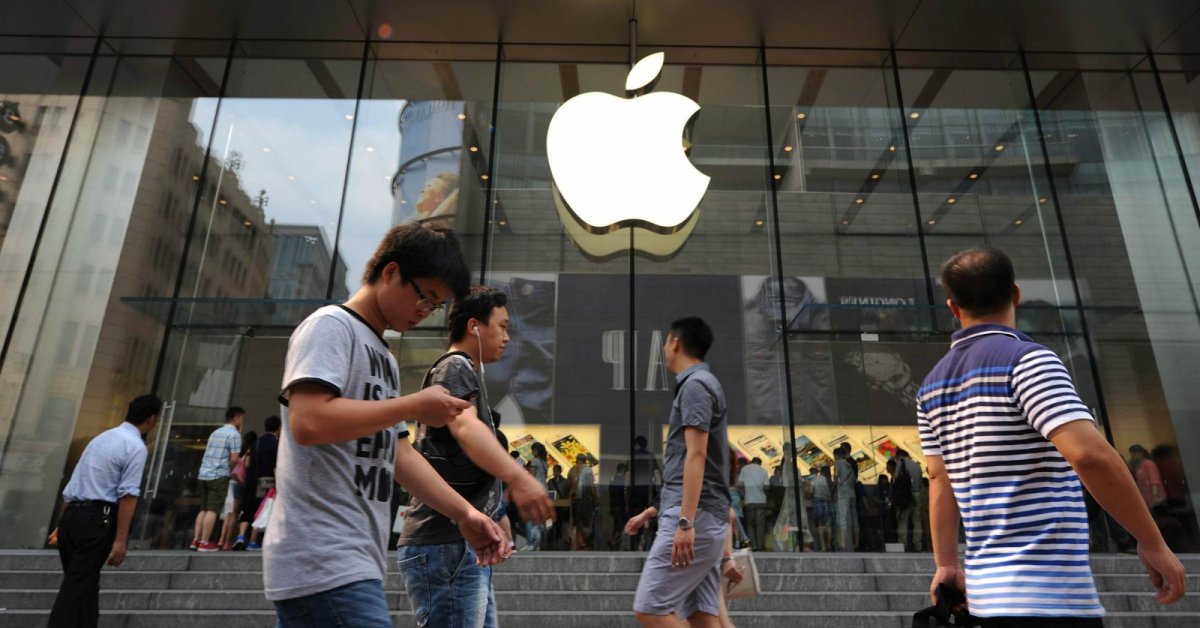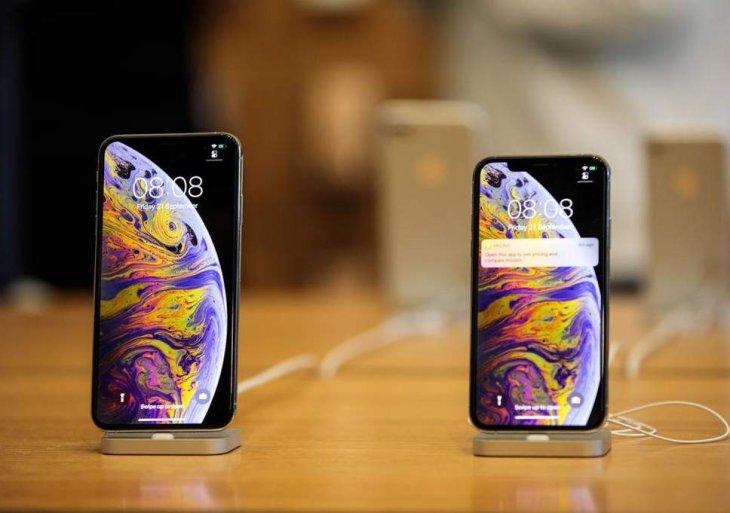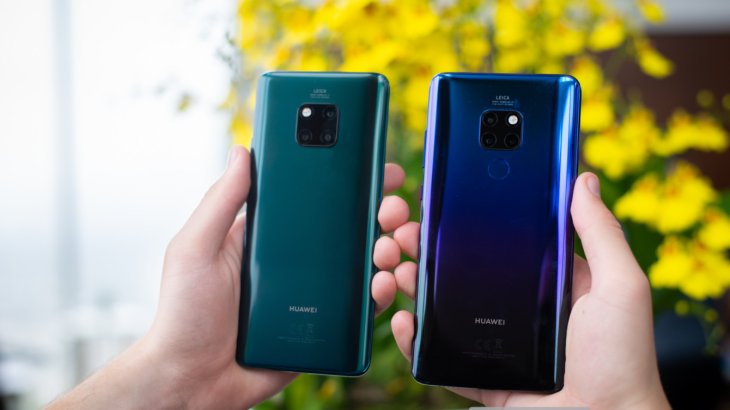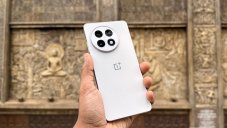iPhones Are Too Expensive, Apple Is Losing Market Share Of High-End Smartphone Segment In China To Huawei
Karamchand Rameshwar - Mar 25, 2019

From more than 84% market share of high-end smartphones in China, after one year, Apple's iPhone only accounted for more than 50% market share of this segment.
- Xiaomi Launches Affordable Tracker to Compete with Apple's AirTag
- Best Gaming Phones 2025: Top Devices for Mobile Gaming
- Huawei Band 10 Launches in India with Advanced Health Tracking Features
Apple is struggling to maintain the market share of its smartphones in the Chinese market while many Chinese companies like Xiaomi and Huawei are increasing competitiveness to seize the market with Cupertino-based giant.

A lot of reports have all pointed to the main cause of this decline, but none can fully confirm the exact number. However, thanks to a recent Reuters’ report, we can now know the level of consumers in China turned their backs on Apple.
The report shows that market share of Apple in China on the high-end phone segment, with prices from US$ 500 USD to US$ 800 USD, has dropped from 81.2 percent to 54.6 percent and this is the main segment Apple is currently operating in the Chinese phone market. The situation may be worse when the majority of the existing iPhone devices are priced at US$ 1,000 or higher, such as the iPhone XS and iPhone XS Max.

Meanwhile, the Chinese users’ attitude towards the iPhone X lineup is also worrying. Neil Shah, Counterpoint’s Research Director, said:

The lack of important features compared to Chinese rivals also contributes to Chinese users ignoring Apple. While their smartphones are usually equipped with a single or dual rear camera setup, Huawei offerings pack up to three cameras at the back, the Huawei P20 Pro or Huawei Mate 20 Pro for example, at more affordable prices.

This helped Huawei to grab more market share in the high-end phone segment in the Chinese market. Within just a year, its market share in the segment jumped from 8.8 to 26.6 percent. Huawei Mate 20 and Huawei P20 Pro are two main devices that help attract customers in China.
According to He Fan, the CEO of Huishoubao, a company buys as well as resells used phones, he is seeing Chinese users shift to Huawei from Apple, because Huawei cameras are significantly better than Apple which is in accordance with Chinese consumer habits.
While iPhone sales slumped, shipments of smartphones above $600 in the Chinese market rose 10 percent in 2018. Additionally, Apple's poor sales last year not only happened within China but also in the global market, leading to a lot of factories operating at only half the capacity compared to the past.
Featured Stories

ICT News - Feb 18, 2026
Google's Project Toscana: Elevating Pixel Face Unlock to Rival Apple's Face ID

Mobile - Feb 17, 2026
Anticipating the Samsung Galaxy S26 and S26+: Key Rumors and Specs

Mobile - Feb 16, 2026
Xiaomi Launches Affordable Tracker to Compete with Apple's AirTag

Mobile - Feb 14, 2026
Android 17 Beta 1 Now Available for Pixel Devices

Mobile - Feb 12, 2026
What is the Most Powerful Gaming Phone Currently?

Mobile - Feb 11, 2026
Top 5 Cheap and Efficient Gaming Phones in 2026

Mobile - Jan 31, 2026
Generalist vs Specialist: Why the Redmi Note Series Remains Xiaomi's Easiest...

Mobile - Jan 30, 2026
Motorola Unveils Moto G67 and Moto G77: 5200mAh Battery, 6.78-Inch AMOLED Display,...

Mobile - Jan 30, 2026
Red Magic 11 Air Debuts Worldwide: Snapdragon 8 Elite Powerhouse with Advanced ICE...

Mobile - Jan 29, 2026
Guide to Sharing Your Contact Card via the mAadhaar App
Read more

Mobile- Feb 17, 2026
Anticipating the Samsung Galaxy S26 and S26+: Key Rumors and Specs
The Samsung Galaxy S26 series is on the horizon, sparking excitement among tech enthusiasts.

ICT News- Feb 18, 2026
Google's Project Toscana: Elevating Pixel Face Unlock to Rival Apple's Face ID
As the smartphone landscape evolves, Google's push toward superior face unlock technology underscores its ambition to close the gap with Apple in user security and convenience.

ICT News- Feb 19, 2026
Escalating Costs for NVIDIA RTX 50 Series GPUs: RTX 5090 Tops $5,000, RTX 5060 Ti Closes in on RTX 5070 Pricing
As the RTX 50 series continues to push boundaries in gaming and AI, these price trends raise questions about accessibility for average gamers.
Comments
Sort by Newest | Popular